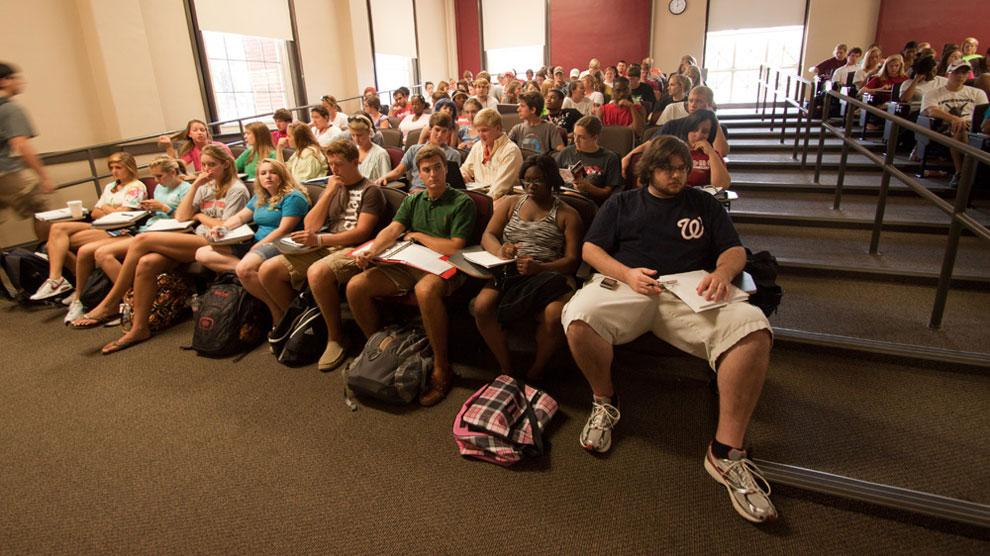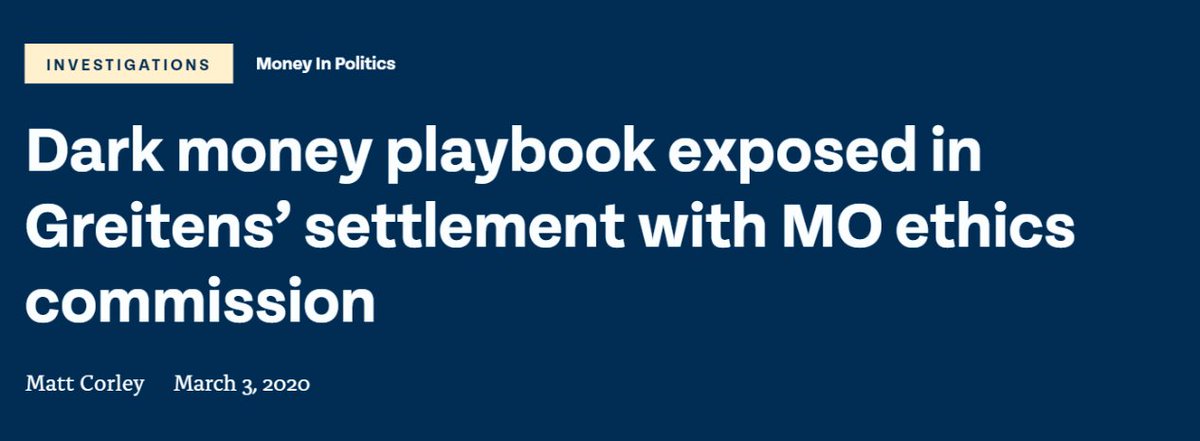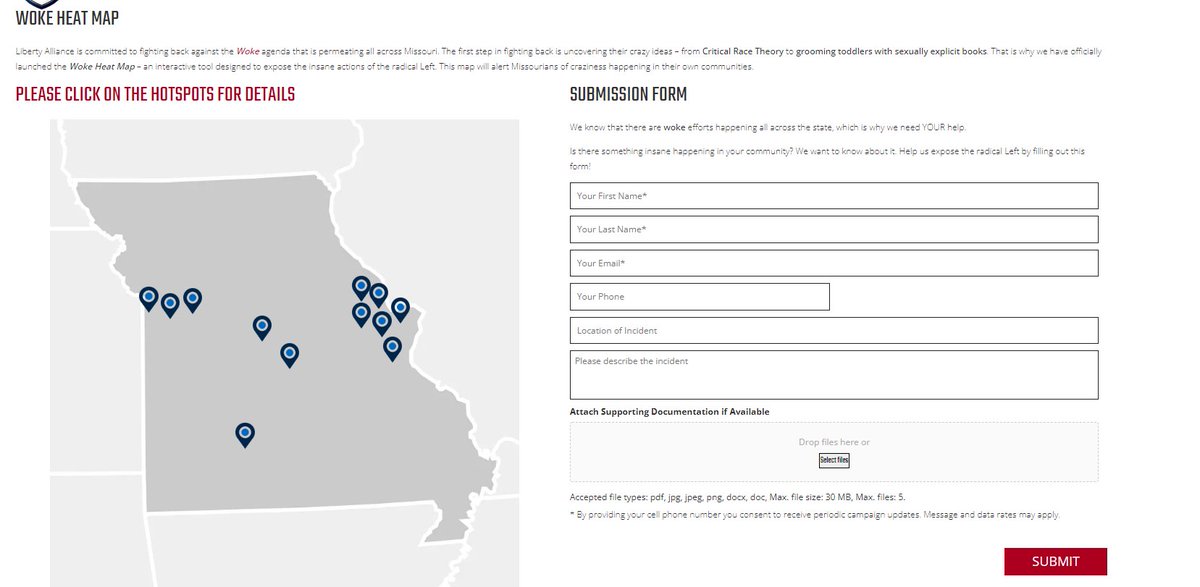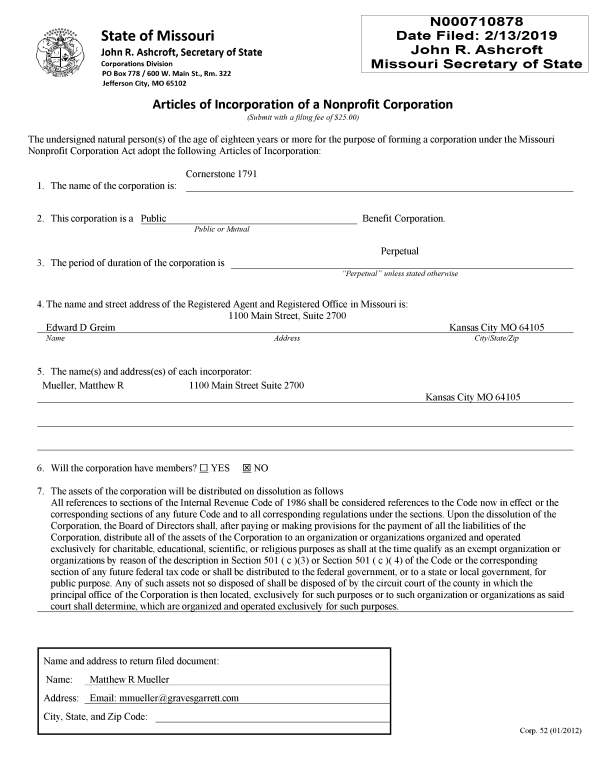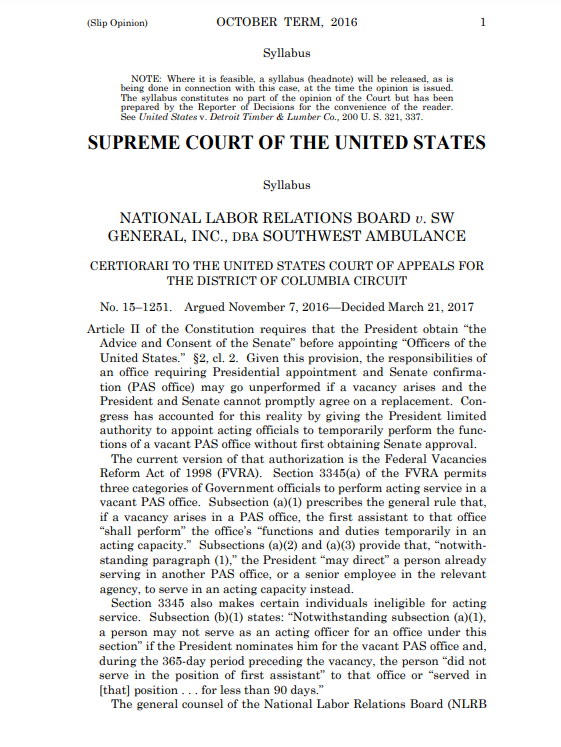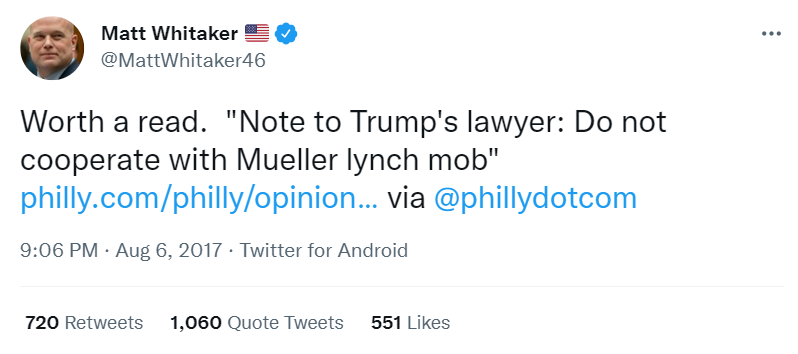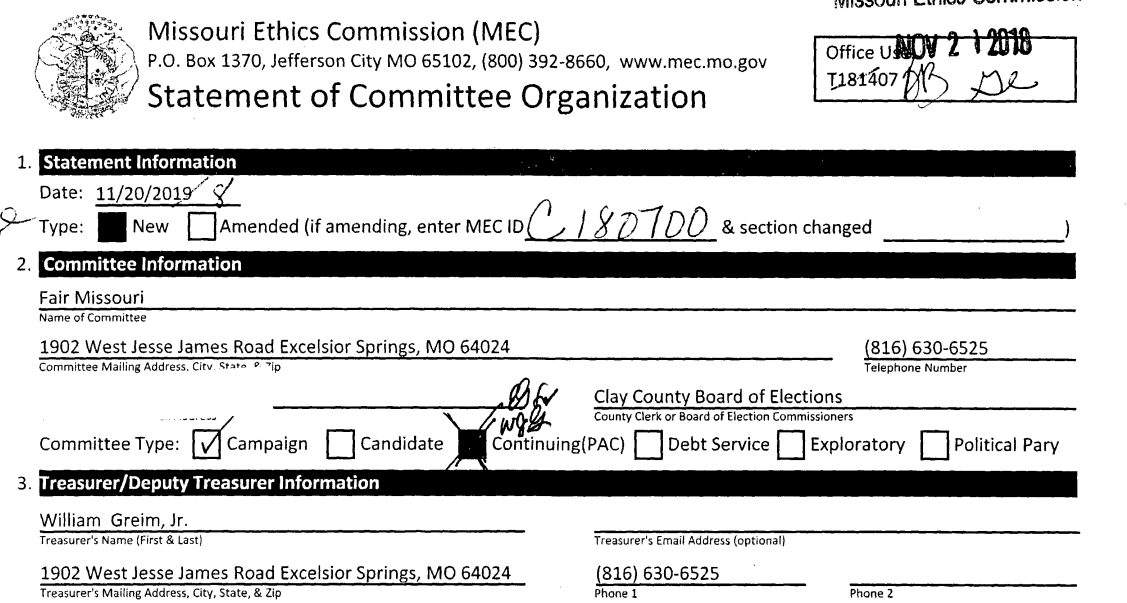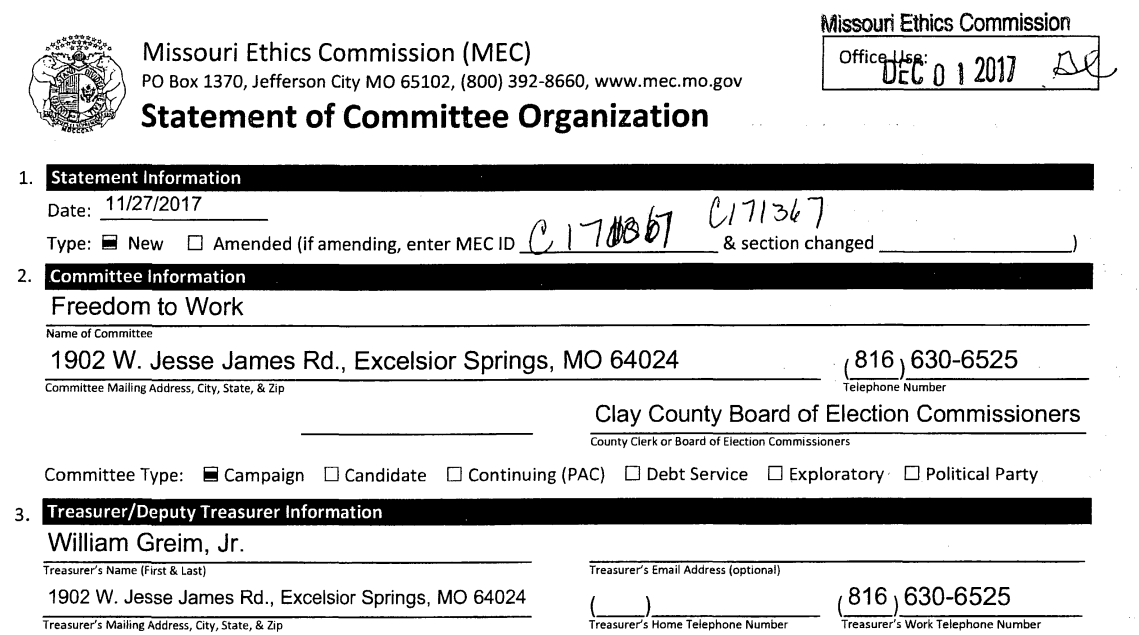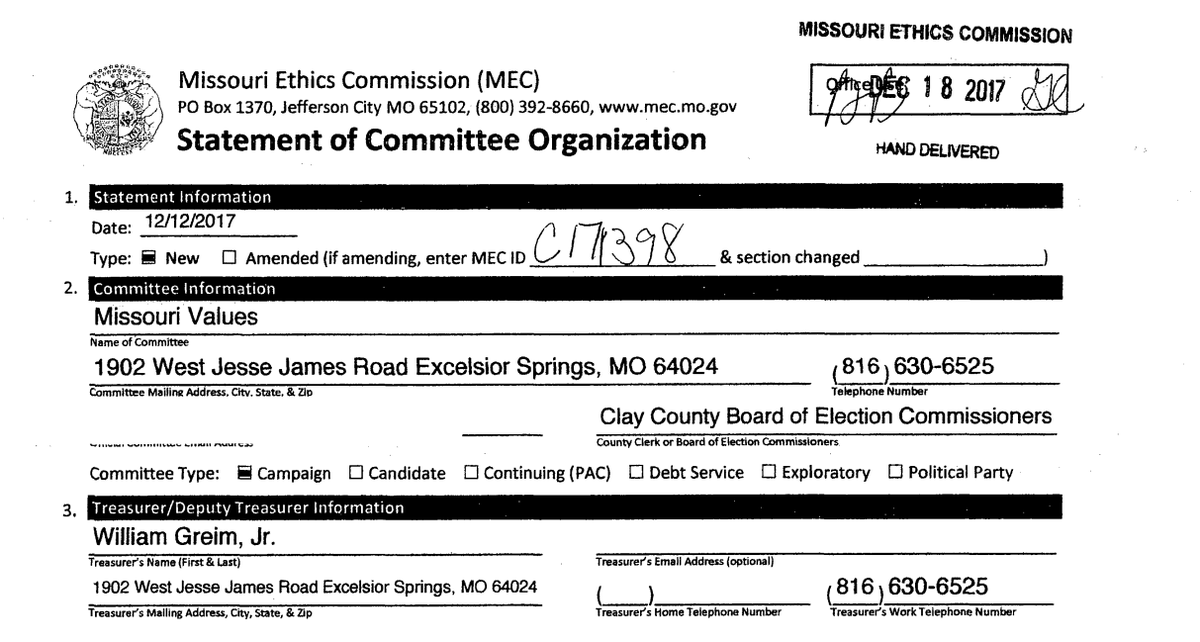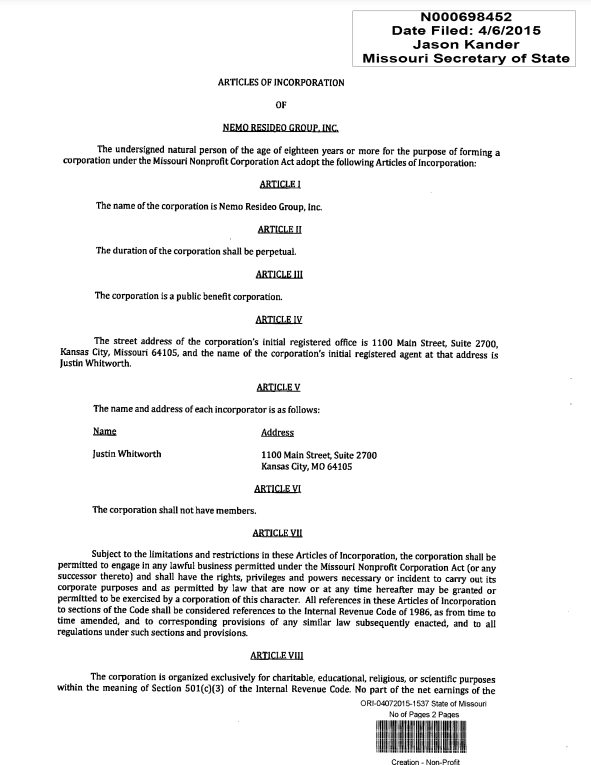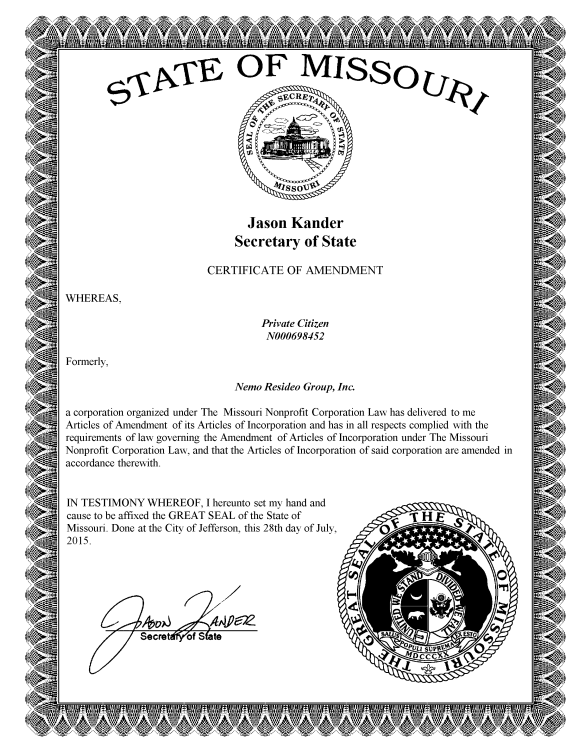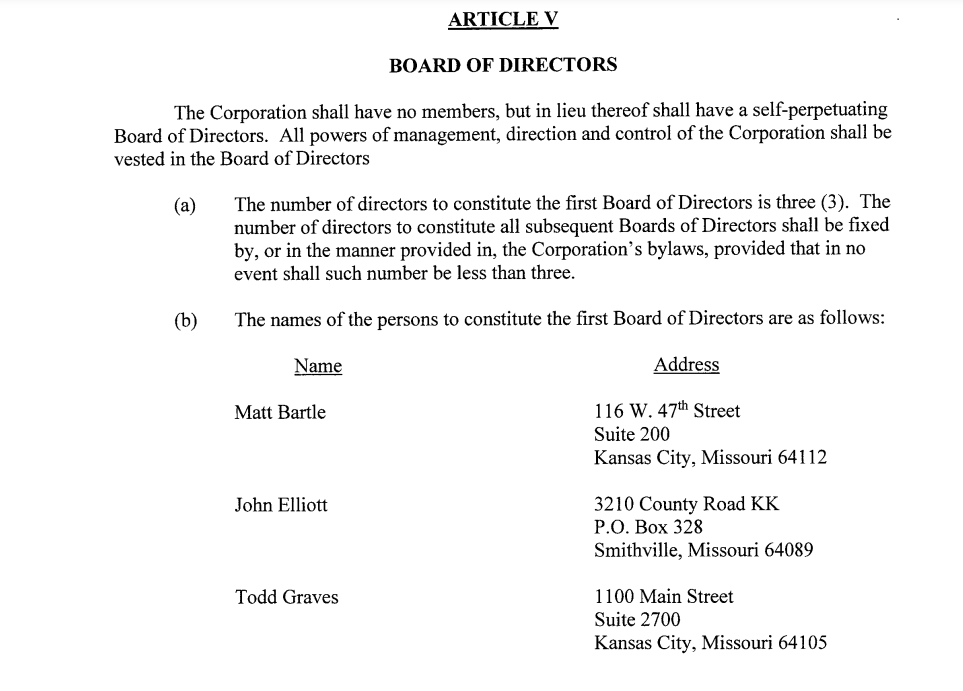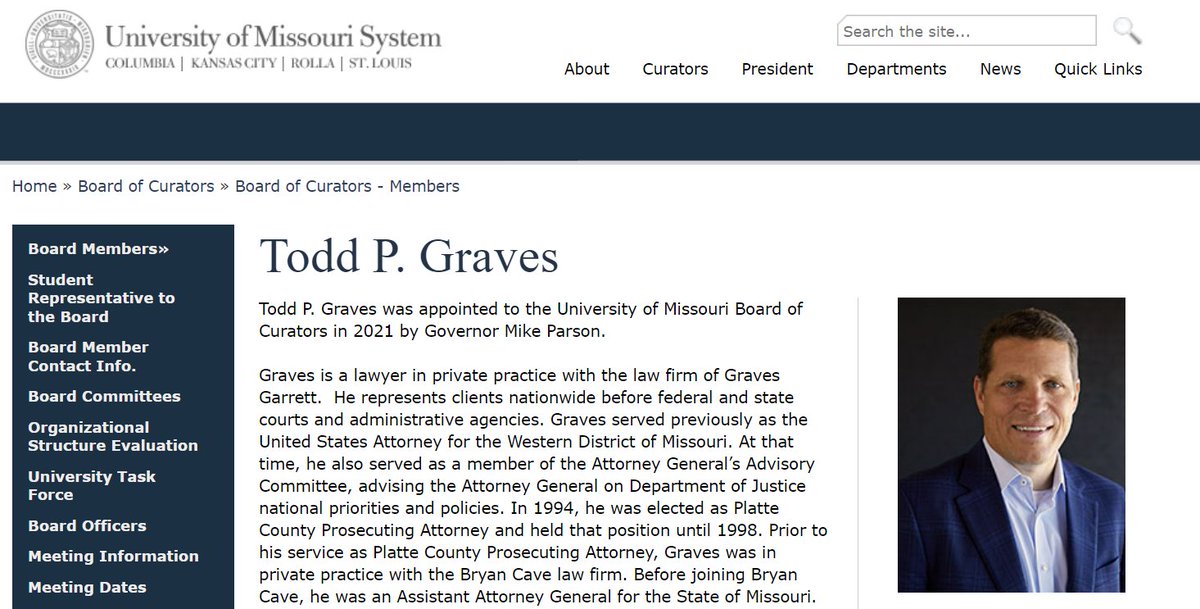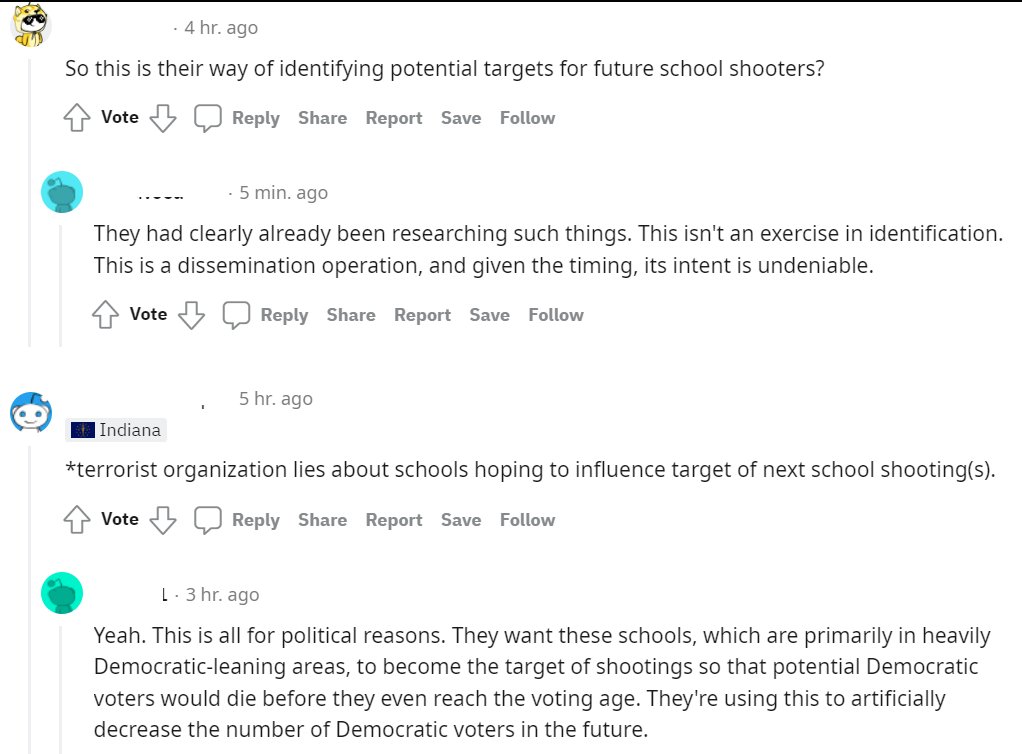When Arne Duncan was done being ed secretary, he undertook his own retcon rehab, complete with a book, a tour, and a string of interviews in which he tried to explain what happened, except that he never really understood what happened, nor did he appear to learn anything in hindsight. But he has tried valiantly to rewrite his history in the job.
Betsy DeVos has shown no desire to rewrite her own history, which is on brand, since she has never owed anyone an explanation. So it falls to other folks to try to gaslight reinterpret for us the DeVos years at USED.
The latest attempt comes from Robert Maranto, the current holder of the 21st Century Chair in Leadership at the Department of Education Reform at the University of Arkansas. He worked in the Clinton administration, and he writes for the right-tilted American Enterprise Institute, for whom he created this Betsy DeVos reconsideration report, "Outcomes over Image: Examining the Political Legacy of Betsy DeVos."
His basic thesis is that DeVos was "demonized as few prior cabinet secretaries have been, yet her achievements as secretary of education belie her image." And he interviewed a brace of her former education staffers.
We've burned up plenty of internet here at the institute talking about DeVos, who I find a sort of fascinating character. Just type "DeVos" in the search bar up at the top and you can stroll down memory lane. So I'm not going to go too deep here on Maranto's report, but I do think he has a point or two worth talking about. It's not super-long, but I've read it so you don't have to.
Maranto talks about DeVos's "rocky start," and while he oversimplifies things, he has a point. Folks generally vastly underestimated DeVos's smarts. For the general public, her "grizzly bear" comment encapsulated her dopiness, but for educators, her lack of knowledge about basic education stuff (like growth versus achievement on test scores) was taken as a lack of smartitude.
I've always argued that DeVos's poor showing basically every time she had to sit down in front of Congress was because 1) she had no interest in making a good impression on them, 2) she had never held an actual job or any position where she had to answer to other people, 3) as a Christian dominionist-type, she doesn't believe that Congress is particularly important, 4) she was in DC to fill a position in a department that she believed should be abolished and so 5) she never did her homework.
None of that helped an image of a woman lowering herself to be around The Lessers and whose general contempt for public education was well-documented long before she ever showed up on Capitol Hill. Maranto also wants to blame her choice of chief of staff Josh Venable for damaging her relationship with White House staff, Congressional staff, and department staff, and I'm sure he didn't help, but she was perfectly capable of doing the damage all by herself. Maybe someone more savvy would have swapped him out for someone more politically astute, but DeVos has never shown herself to be savvy--you don't have to be politically smooth and capable when you have a checkbook fat enough to use as a bulldozer, plus a conviction that you are Very Right and Above All This.
Maranto argues that DeVos had some K-12 successes, and they count if you agree that the department should come as close as it can to exerting no influence and basically not existing. That was good for ESSA proposals, not so great for the Office of Civil Rights and communication indicating what you think laws might mean. But DeVos was adamant that she couldn't imagine any scenario in which the feds should step up and tell states, "Knock it off with that." And she was faithful to not touching the levers of federal power, until she wasn't anymore.
Maranto hilariously refers to DeVos's response to COVID as her "greatest and leas noted" success.
DeVos acted quickly to put regulatory flexibilities in place to insure that K-12 schools and colleges could continue to serve students.
I might phrase that a little differently. How about-- when schools across the country were scrambling and looking for guidance through the unprecedented medical crisis and answers and assistance were hard to find, Betsy DeVos waved them off and said, "Not my problem. You go figure it out." Until she decided that she wanted schools physically open and also that relief funds would make a great voucher starter; then she once again decided federal overreach isn't so bad.
Then it became a political football because MAGA smelled an opportunity. This did not, as DeVos devotee Jim Blew pointed out, "serve children." But DeVos did not help.
Maranto's list of higher ed successes includes characterizing the "closing" of Title IX cases as a win, along with her general rollback of Title IX coverage. She did help get the Perkins act reauthorized. She doubled down on Obama's terrible college scorecard that reduced college quality to the question, "Will this help you make a bunch of money when you get a degree?" Though if it didn't, DeVos was adamant that you should still pay off your student loans.
She took a stand against furriners trying to influence what colleges teach by giving them money; that is only supposed to work for Americans. And Maranto posits DeVos as the greatest supporter of HBCUs in the history of the department.
The staff that Maranto talked to highlighted two failures. She spent a lot of time pushing vouchers, particularly her Education Freedom Scholarship program, which died a deserved death. The other failure they brought up was her failure to shrink the department, in part by farming out its various functions to other departments, or by closing and/or merging the department with, say, the Department of Labor (because education is about creating more meat widgets). Of course, as Maranto notes, "this initiative might reappear in future Republican administrations."
So does this move the needle? I think not. DeVos was far more smart than people believed and far less effective than her opponents feared. Most of the "successes" that her supporters can point to are conservative successes in the "she stopped doing this" or "she got in the way of that" variety. I do think that the version of DeVos that became cemented in pop culture was both unfair and dangerous, because that version is far more hapless than the real thing, and therefor makes DeVos herself seem like a harmless rich kook, which she is not. She's not done with dismantling and privatizing public education in this country yet, and it would be a mistake to forget that.


